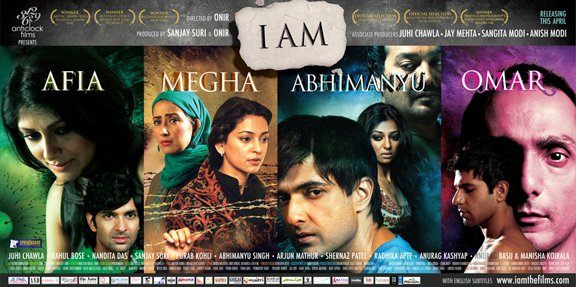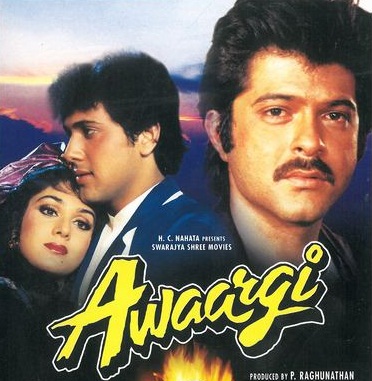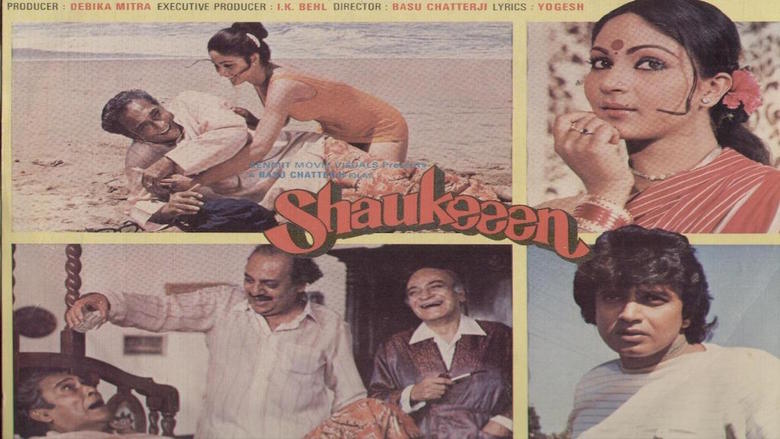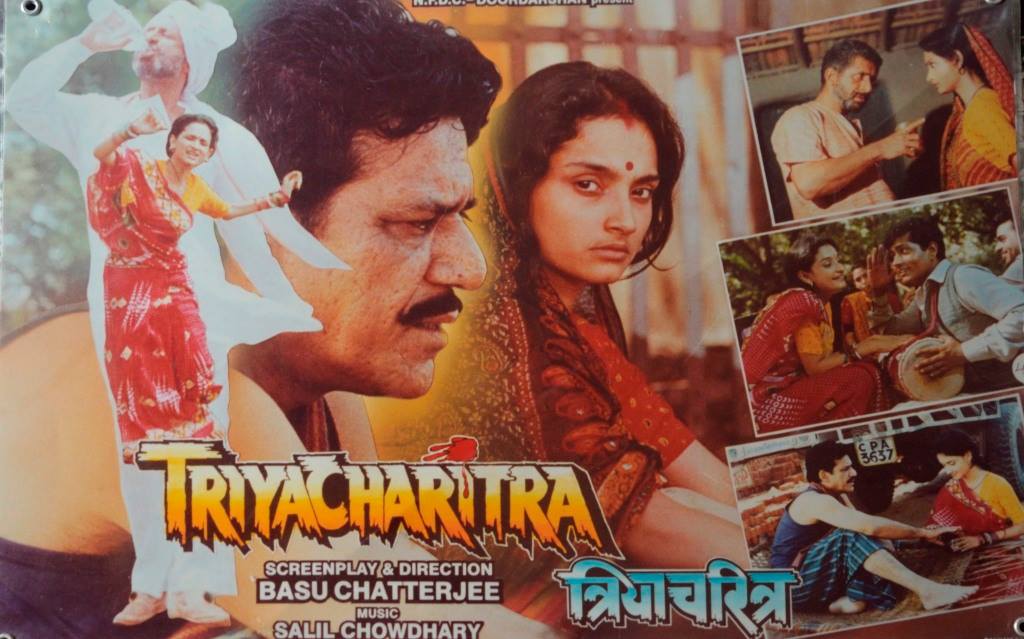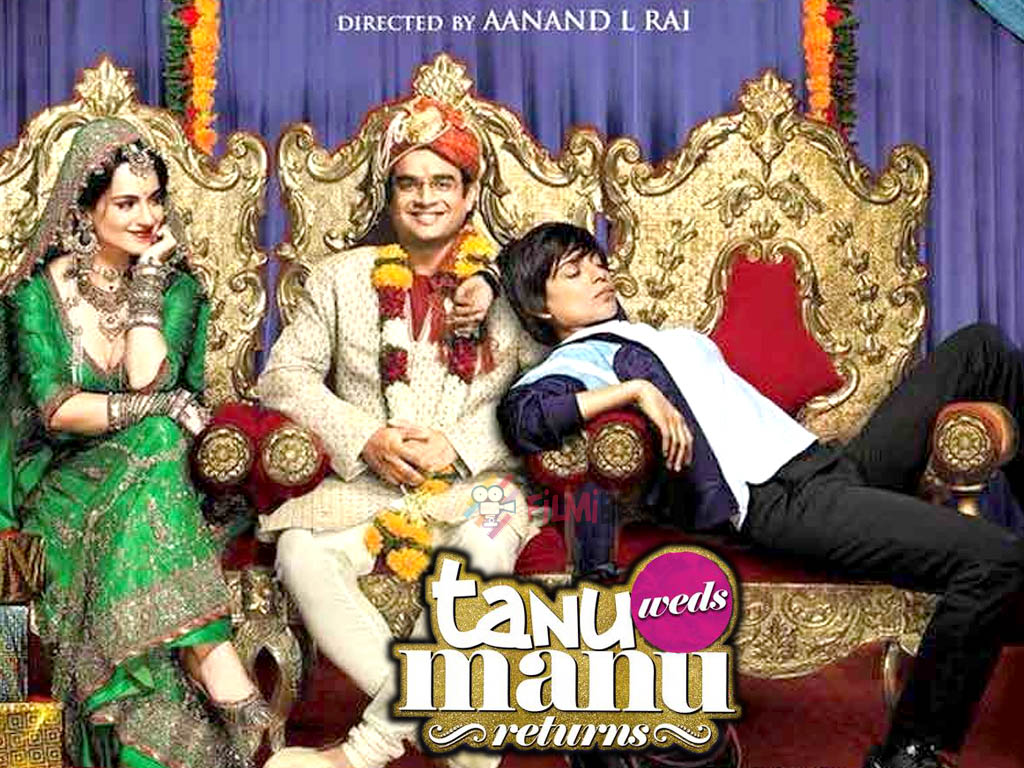“Kaafi garmi hai.”
“You don’t have to talk if you don’t want to.”
Ensconced in awkward silence, the two sit – the sperm donor and the woman. Silence between strangers echoes polite aloofness. The space that lies between is truly an unoccupied, neutral area that holds no rancour, no hostile indifference, no longing, no pull or push of any kind; it’s just an emotionless, purely physical vacuum. But the one between these two is not the space of such kind. It has a breathing intimate connection unaffected by the worldly lack of familiarity. The unborn child of this emotionless, non-physical union supplies the faint warmth. The movie opens thus, and extends an immediate access to the world of a woman shattered by her ex-husband’s betrayal and wrung by an intense desire to be a mother. She chooses artificial insemination to accomplish motherhood, but still longs for a father for her child instead of a mere sperm donor, which explains here desire to know as much as possible about the prospective father of her child – his interests, his hobbies, whether he likes music and whether he has any siblings and so on; relevant or irrelevant, she wants to know all that she can.
 After the brief procedure of insemination is over, she takes a taxi, tears the paper bearing the sperm donor’s number to bits and shows it out the window. Freedom. Freedom from the societal shackles, freedom from men, freedom from the biological necessity of a father. Finally, she walks into breezy sense of near-absolute independence. This was Afia Kidwai played excellently by Nandita Das.
After the brief procedure of insemination is over, she takes a taxi, tears the paper bearing the sperm donor’s number to bits and shows it out the window. Freedom. Freedom from the societal shackles, freedom from men, freedom from the biological necessity of a father. Finally, she walks into breezy sense of near-absolute independence. This was Afia Kidwai played excellently by Nandita Das.
Cut to the story of Afia’s friend, Megha Mattoo (Juhi Chawla), a Kashmiri Pandit, who visits Kashmir to sort out certain property issues. The pain of having been driven out by force with vandalized houses standing testimony to the gruesome acts of violence resurfaces, gushing. She wants to wrap up the work and make a quick exist. The torturous reality of forced homelessness that was once thrust upon her family is a little too much to bear. Even the sweet memories of the bygone times taste bitter like spoilt yoghurt. Friends turned foes, the world turned upside down and nobody could escape unscathed, not even those who could escape.
The surest way to ensure peace is to make people have a stake in it, which didn’t happen in Kashmir. The simmering discontent resulted in disaffection and every bid to stomp out resistance ended up flaring things up, as it invariably resulted in the application of excessive force. The consequence was that despite being an integral part of India, Kashmir remained a suspecting child of an unsure mother.
The Kashmiri Pandits who had to flee and all those who stayed back for one reason or the other found themselves trying to come to terms with the present and the past both. All that Megha wants to do is drop the baggage of memories completely and move on with her non-Kashmiri life. Signing away the papers of the house is the final act of breaking away from the past.
The narrative moves on to Abhimanyu (Sanjay Suri), Afia’s friend, in Bengaluru. The movie snapshots some of the events of Abhimanyu’s tormented past. As the present and the past flash in and out, the issue of child abuse and its adverse effects on Abhimanyu’s adult life slowly emerge. Abhimanyu’s stepfather was a child abuser, who also cared for him and made sure that Abhimanyu got all that he wanted. The first Indian movie to seriously broach the issue of child abuse was Monsoon Wedding. But it presented the abused-abuser equation in a straight victim-victimizer format whereas here we see the equation turn complex with the victim learning to take advantage of the abuse and play the victimizer to his advantage. Throughout Abhimanyu’s journey from a13-year-old abused child to an adult filmmaker what constantly remains with him are nameless cats and his manipulating ways. He learns to use human beings and manipulate their feelings to further his own ambitions. His badly bruised psyche manifests itself thus.
Abhimanyu runs into an old friend, Jai (Rahul Bose), at a café, and the movie takes us into Jai’s recent past. Before the Delhi High Court decriminalized consensual homosexuality, Jai, a gay, is shown coming across a guy named Omar at a coffee house in Mumbai. The two go for a drive during which the duo engage in some sexual activity and are caught by a police officer in the act, who demands rupees one lakh to let go of them. While Omar is sent away to the ATM to withdraw the money from Jai’s account, Jai is forced to perform oral sex on the police officer. The humiliation stays with him, eating him up. He soon realizes that Omar was complicit in the duping.
Jai is shown thanking the Delhi High Court for decriminalizing consensual homosexuality. The movie appears to suggest that the law against homosexuality had some role to play in Jai’s humiliation, which is quite incorrect because two people engaged in sexual activity – homosexual or heterosexual – in a car can always be hauled up by the police for indecent conduct in public place. The decriminalization of homosexuality does not affect the position at all because the police officer was not using ant-homosexuality law to hold out the threat but the law pertaining to indecent conduct in public places. Of all four separate stories this one makes the least impact.
The movie presents four individual narratives that touch each other without getting mutually intertwined. The common thread that runs across the stories is the long shadow of the past cast on the present that is happy on the thin surface that hides throbbing turmoil underneath.
Among the actors, Nandita Das stands out for the delicate portrayal of a woman independent and determined not by choice but for want of it.
Originally published as part of my Legal Movie Review column LEGAL SCANNER in LAWYERS UPDATE [August, 2011 Issue; Vol. XVII, Part 8]

